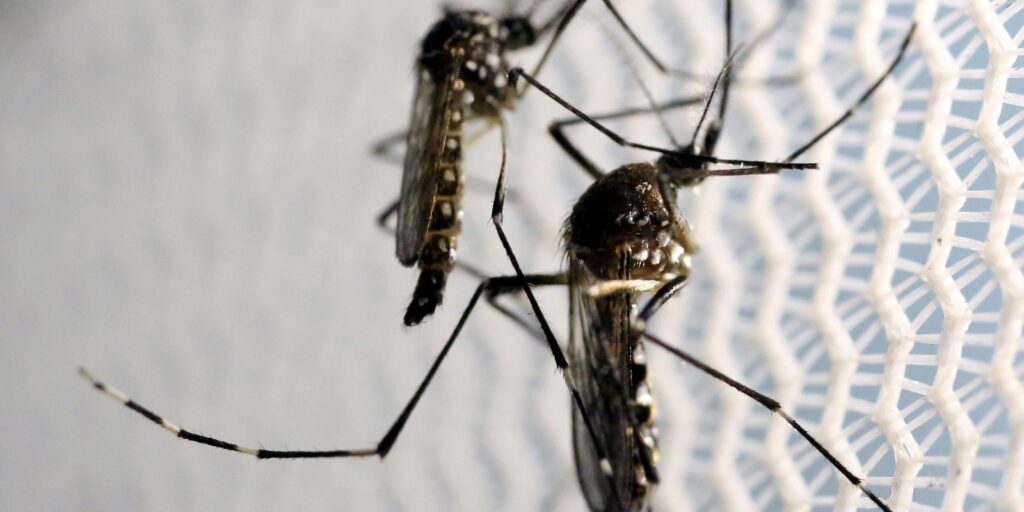On February 20, a flood of giant stones swept away the community of Tomatirenda, in the municipality of Entre Ríos, Tarija, and since then the indigenous people who managed to survive the natural disaster have experienced another tragedy: that of the abandonment of the authorities, who have done little or nothing to restore to them everything they lost, beginning with the conditions for the education of children.
During the days of the flood, local, national and departmental authorities arrived at the place to promise them almost everything. 50 days later, they have not received anything and the community members find ways to continue with the life that has been uphill for them since that day.
The local school disappeared, but the children continue to study in a half-built three-by-three-meter room that when it rains or there is a strong sun ceases to be useful for them to continue with classes.
At that time of misfortune it had rained several days and on the night of February 20 the ravine in the region grew unexpectedly, its waters devastated everything and affected 535 Guarani families from the Timboy, Mokomokal, Tomatirenda, Ñaurenda, Saladito from Ñaurenda, Philadelphia and Palmarito.
Ten people were killed, including six children, and three bodies were never found. The pipes of the precarious water supply system were completely destroyed by the stones and since then they have been without water. A tanker truck arrives to deliver this vital supply, but it is not enough for them.
A report by EL DEBER, written from the affected area, showed this Sunday the human drama of children who lost their parents and classmates, residents who were left without homes or schools, and who despite adversity put their best effort for resuming their activities in the way that is within their reach. They have lost everything, but they still have hope, it is the phrase that sums up a commitment to life and the desire to get ahead in those indigenous communities that are now forgotten.
The locals not only need material support to rebuild their lives, but also psychological support. The report tells that the children hear thunder and talk to their mothers asking where they are going to escape and asking that their parents not sleep until the rain stops. The tragedy of that night left them with a trauma that needs to be treated by psychology.
A six-year-old boy interviewed by our journalist remembers the night of February 20 and reproduces the sound made by the giant stones as he passed by, shouting back and raising his hands, showing where his house used to be and where now there is only one foundation because the house disappeared; He lives in a tent, he tries not to cry when he recounts his early testimony, but he breaks down in tears and runs to his mother to look for his hug. His friends also go with him and hug him. This is life now in those Guarani communities.
One of the few institutions that did not promise, but is in place doing solidarity work with the victims is Aldeas Infantiles SOS with a program for the care of minors. They set up emergency children’s centers to protect, feed and edcare for early childhood children.
They prioritize that age because they are children who are not yet in school and need care and protection while their parents work to recover crops and build their homes from scratch. And the others? And the national government? And the Government of Tarija?


















